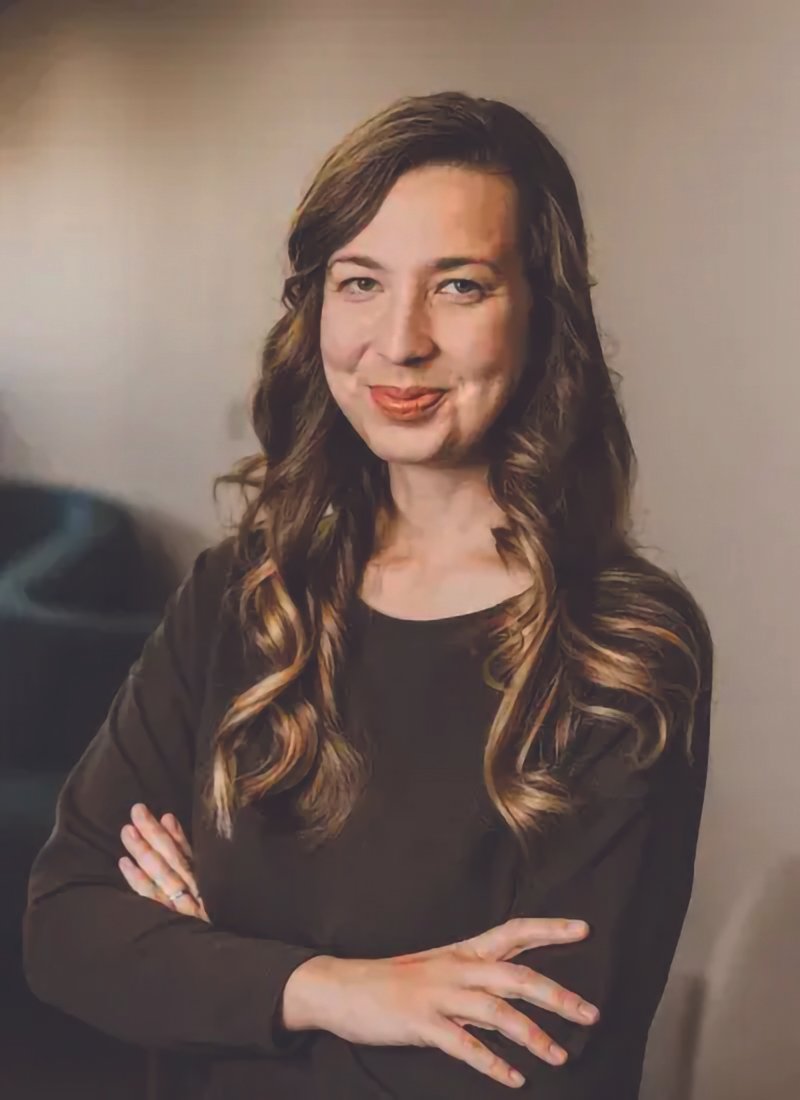TRICIA MILLER KLAPHEKE
PLUS: Adding Up Math Learning Gains
For a middle school student struggling with math, the best thing that could happen might be getting tutoring from a college student on a regular basis. Thanks to Personalized Learning Squared, or PLUS, a program housed in the School of Computer Science’s Human-Computer Interaction Institute, that’s a reality for a growing number of low-income students.
PLUS started in 2019 to provide students at three Pittsburgh middle schools with in-person tutoring from Carnegie Mellon University and University of Pittsburgh students. But as with so many other initiatives, the program pivoted in 2020 to virtual when the COVID-19 pandemic temporarily brought in-person learning to a halt.
Now the program is entirely virtual and growing, thanks to help from AI tools that allow tutors to work with about four students at a time. With the goal to double math learning gains for 10,000 middle school students by the year 2027, progress has been impacted by a surprising finding published in a 2022 report evaluating results at the three schools that piloted PLUS during the 2019-20 school year. The report found that the program helps students with disabilities or who are multiple grade levels behind in math disproportionately more than those at grade level or who are advanced.
“Even with nearly half of the program being online, we still saw near doubling in math learning gains,” explained Erin Gatz, head of partnerships for PLUS. “What we’re trying to do now through the rebranded PLUS program is to see if we can replicate those math learning gains in a broader national tutoring program.”
In the middle of the 2024-25 school year, PLUS tutors were working with more than 2,700 students at 13 schools in four states. When a tutor meets with students they might start with a short ice breaker, then divide the students into breakout rooms so they can work individually on assignments. An AI dashboard allows the tutor to prioritize which students to check on by showing whether everyone might need motivational or content help, might not need any help, or might have gone idle. Tutors build relationships with students over time.
PLUS targets schools where 51% or more of students qualify for free or reduced-price school lunch, and its services are provided free of charge to the school. Tutors work with students using the school’s existing curriculum, and students only have to log into a videoconferencing app, not download a new academic app. That makes it easy for schools to integrate it into what they’re already doing.
Tutors are required to complete online onboarding and training before they begin working with students. In an AI-powered lesson a tutor might be presented with a challenging scenario while working with a middle school student. The tutor types out how they might respond and AI-generated feedback explains how effective their response is and how they might improve.
At the end of 2024, the program had 300 tutors, all current CMU students, paid to work two to 10 hours a week. It launched a partnership with Duquesne University and the University of Pittsburgh to recruit more tutors, primarily from those schools’ education majors, and its goal is to employ 500 tutors for the 2025-26 school year.
The PLUS program was founded by a cohort of institutions funded by the Learning Engineering Virtual Institute (LEVI). Carnegie Learning and Stanford University were also part of this cohort, and LEVI funded it at more than $2 million over five years, starting in the fall of 2022. PLUS has also received funding from the Richard King Mellon Foundation, the Overdeck Family Foundation and Accelerate.


